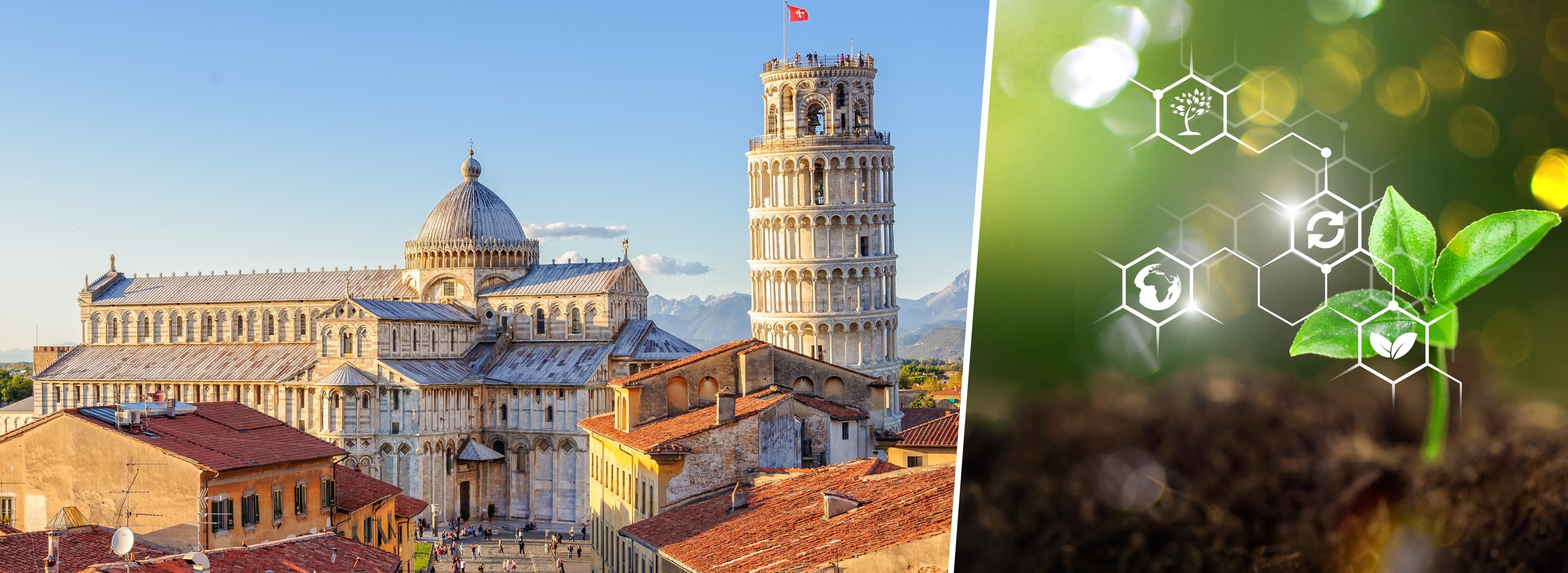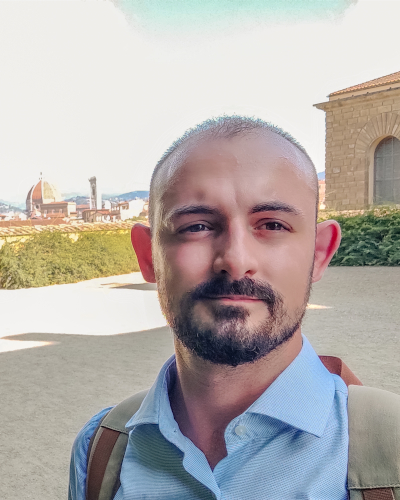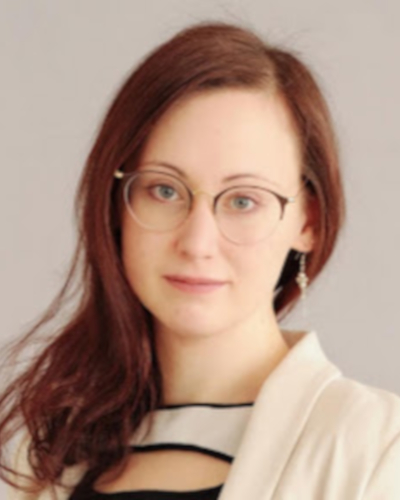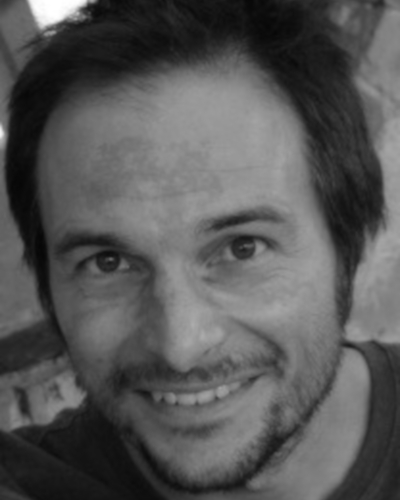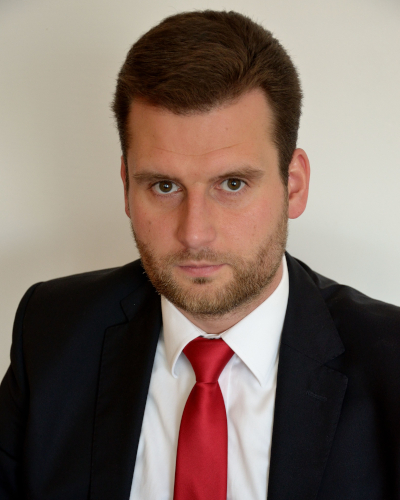SPECIAL SESSION #5
Artificial Intelligence, innovative data analysis and big data for agriculture and food applications
ORGANIZED BY
Marco Sozzi
University of Padova, Italy
Cristina Nuzzi
University of Brescia, Italy
Riccardo Dainelli
Institute of BioEconomy - National Research Council, Italy
Maciej Zaborowicz
Poznań University of Life Sciences, Poland
ABSTRACT
Over the last few years, the advent of digital agriculture exponentially increased the amount of data per hectare produced by agricultural activities due to the availability of several sensors. According to this, the demand for efficient, fast, and smart data processing is rising. Artificial Intelligence (AI) and advanced statistical methods make it possible to collect and analyze a large amount of agricultural data (in some cases classified as Big Data), which might help improve the sustainable intensification of crop and food production. In 2020, the European Commission released a white paper on AI, addressing the development and application of these methods in all research fields. AI and advanced sta tistical methods can be used for the analysis of both proximal and remote-sensed images (e.g. drones and satellites), data provided by sensor networks and IoT tools. However, when AI is used to empower complex systems for both data acquisition and analysis, there is little to no attention to the metrological validation needed to determine the system's uncertainty.
This session aims to highlight the potential application of AI and related techniques (supervised and unsupervised learning models) to develop agriculture and food application such as crop models, DSS, biotic and abiotic stress early detection, and yield features estimation, with a strong focus on the metrological validation of such models.
TOPICS
- Image processing
- Classification, object detection, and semantic segmentation
- Statistical analysis of IoT data
- Data analysis approaches for agriculture and food monitoring
- Data workflow in Agriculture 4.0 and digital farming
- Integration of data for models and decision support systems
- Metrological validation of raw data and/or complete analysis pipeline
ABOUT THE ORGANIZERS
Dr. Marco Sozzi is a researcher in Agricultural, Forestry, and Biosystem Engineering (07/C1 – AGR/09) at the University of Padova (Italy). His research activities are mainly focused on precision agriculture, sensing technologies, and agriculture robotics. Research activities have been carried out in collaboration with research centers in Portugal (ISA – Lisboa), France (SupAgro – Montpellier), and Italy (CREA-Vit – Conegliano). He oversees "Vineyard Mechanization" and "Technologies Application in Organic Farming" courses at the University of Padova. His research activities and projects were awarded by the European GNSS Agency (2018), The Big Hack hackathon (2021), Accademia dei Georgofili (2022), an d the Italian Society of Agricultural Engineering (2022). Technology transfer has been promoted thanks to frequent collaboration with private SMEs and companies. He is member of the Italian Association of Agricultural Engineering, European Society of Agricultural Engineers, International Commission of Agricultural and Biosystems Engineering, Società Agraria di Reggio Emilia, and Italian Society for Horticultural Science – working group on sensors and artificial intelligence.
Dr. Cristina Nuzzi (born 1993) is an assistant professor in Mechanical and Thermal Measurements (ING/IND-12) with a research topic on the detection of weeds and crops using visual systems and deep learning since 2022. Dr. Nuzzi holds both a Bachelor's and Master's Degree in Automation Engineering (2015 and 2017 respectively) received from the University of Brescia. She received her Ph. D. degree in Mechanical and Industrial Engineering (track Applied Mechanics) in 2020 from UNIBS, with a dissertation about the concept of Meta-Collaborative Workstations and software designed to communicate with robots developed using vision systems and deep learning models. She is a member of the Vision Systems for Mechatronics division of the Laboratory of Mechanical and Thermal Measurements (https://vis4mechs.unibs.it/) since her Ph. D. Despite her young age, she is the first author of several publications on this subject, exploiting the capabilities of intelligent algorithms for robotics and biomechanical measurements. Therefore, Dr. Nuzzi has wide experience in the development, training, and utilization of deep learning models for vision data and image processing techniques, which she also used to conduct research for industrial partners during her post-doctoral years. Her expertise also includes data management and dataset creation, since she authored a public dataset published during her Ph. D., 3D data elaboration and processing, and software deployment for target embedded hardware. She co-tutored several Master's Degree theses even during her Ph. D. on the topic of measurements and intelligent algorithms.
Dr. Riccardo Dainelli works at CNR-IBE, the Institute of BioEconomy of the Italian National Research Council in Firenze (Italy). His recent research topic is Precision Agriculture with focus on micrometeorology, field survey and Unmanned Aerial Vehicles (UAV) and satellite image processing.
Maciej Zaborowicz is a researcher and scientist in the Department of Biosystems Engineering at the University of Life Sciences and a data and neural modeling specialist in commercial implementation projects. With over 10 years of experience in data processing and analysis, image processing and analysis, and the use of artificial intelligence methods in the fields of science and life sciences and medicine. Comfortable programming in Python, including its scientific ecosystem (pandas, scipy, numpy, etc.) as well as C# and R studio, Statistica or H2O.

